Main content
Top content
DFG Research Unit FOR 2692
Fundamental Aspects of Statistical Mechanics and the Emergence of Thermodynamics in Non-Equilibrium Systems
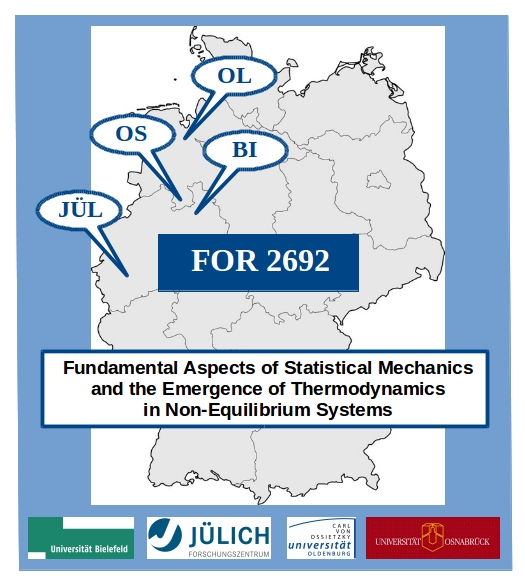
Press releases
The Research Unit was established on 14.12.2017 and extended on 29.03.2021.
Press releases are available here:
- Universität Bielefeld (12.04.2021)
- Universität Osnabrück (07.04.2021)
- DFG (29.03.2021)
- Universität Osnabrück (15.12.2017)
Spokespersons and contact
- Spokesperson: Prof. Dr. Robin Steinigeweg (Universität Osnabrück) and
- Deputy spokesperson: Prof. Dr. Martin Holthaus (Universität Oldenburg)
Principal investigators
In addition to the spokepersons Robin Steinigeweg and Martin Holthaus, the following scientists participate:
- Prof. Dr. Thomas Dahm, Prof. Dr. Peter Reimann, and Prof. Dr. Jürgen Schnack (all from the Universität Bielefeld),
- Prof. Dr. Andreas Engel (Universität Oldenburg),
- Prof. Dr. Jochen Gemmer und Prof. Dr. Philipp Maass (both from the Universität Osnabrück), as well as
- Prof. Dr. Kristel Michielsen (Forschungszentrum Jülich).
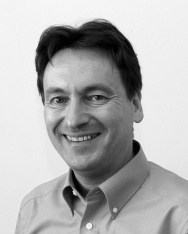 | 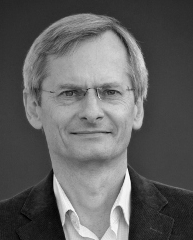 |  | 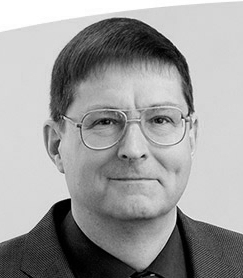 | 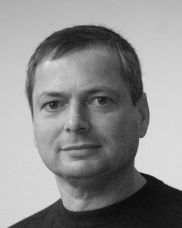 |
 | 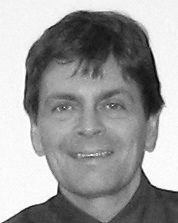 | 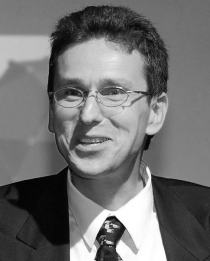 | 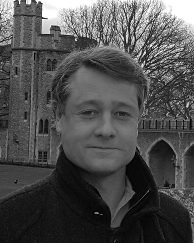 |
Associated scientists
- Prof. Dr. Hans De Raedt (emeritus, University Groningen)
- apl. Prof. Dr. Heinz-Jürgen Schmidt (emeritus, Universität Osnabrück)
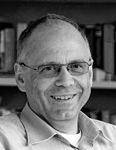 | 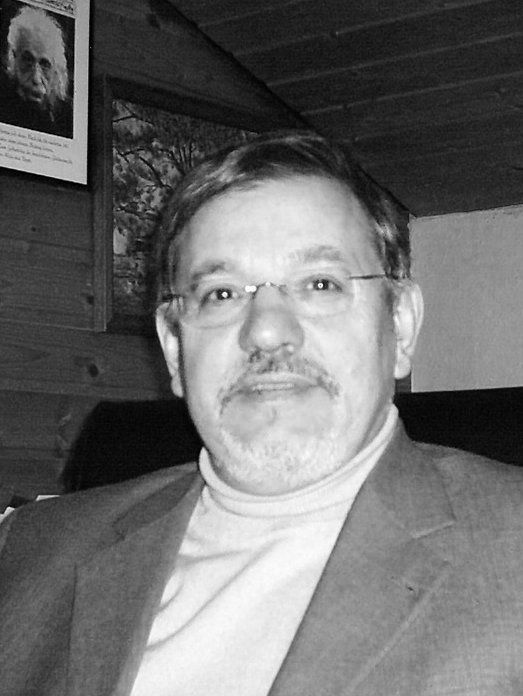 |
Full team
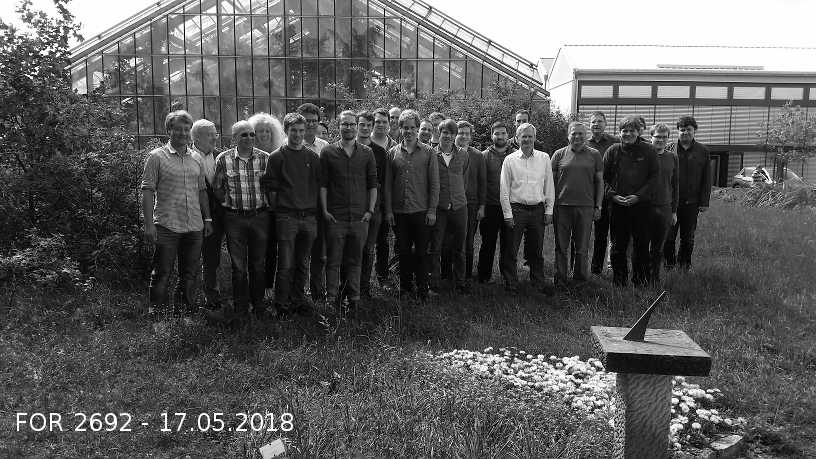
Summary
Whether and how a system equilibrates towards some sort of steady long-time limit is a key issue in many areas of modern many-body physics. While this question has a long and fertile history, it has experienced an upsurge of interest in recent years due to the advent of novel materials and cold atomic gases as well as due to the discovery of new states of matter such as topological states and many-body localized phases. In particular, the theoretical understanding of such fundamental equilibration and thermalization issues has seen substantial progress by the emerging concepts of eigenstate thermalization and typicality of pure quantum states, and by the invention of powerful numerical methods. Even much less is known about the route to equilibrium itself, and the rigorous derivation of thermodynamic relaxation from truly microscopic principles is still a major challenge to theory.
The objective of the Research Unit ("Forschungsgruppe") is to tackle these theoretical challenges by studying the principles of relaxation processes at the microscopic level. At the center of our investigation are generic and complex systems under non-equilibrium conditions induced by highly non-thermal initial states or by strong external driving forces. We particularly aim at unveiling the role of the specific initial-state realization in isolated as well as open scenarios with explicit coupling to a bath. Key issues include the emergence of conventional exponential relaxation, phenomenological transport laws, Gibbsian equilibrium, and fundamental theorems on the work performed. While our research projects focus on clarifying these theoretical issues, the models considered are also intimately related to materials realized in nature such as magnetic molecules, low-dimensional quantum magnets, and topological flat-band systems. The complexity of such models requires state-of-the-art analytical and numerical methods equally distributed over the institutions involved.
Individual projects
The Research Unit comprises the theory projects:
1. Funding period
- P1: Equilibration in Topological Flat-Band Systems
(Dahm) - P2: Work in Classical and Quantum Non-Equilibrium Systems
(Engel, Holthaus, Gemmer) - P3: Asymptotic Validity of the Jarzynski Relation for Non-Gibbsian Initial States in Isolated Quantum Systems
(Gemmer, Steinigeweg, Michielsen) - P4: Quasi-Equilibrium Distributions for Periodically Driven Quantum Systems
(Holthaus, Engel) - P5: Fluctuation and Response Behaviour at Phase Transitions in Driven Lattice Gases and Brownian Motors
(Maass) - P6: Typical and Non-Typical Temporal Relaxation Processes in Macroscopic Quantum Systems
(Reimann) - P7: Decoherence and Relaxation in Quantum Spin Clusters
(Schnack, Steinigeweg) - P8: Real-Time and Real-Space Dynamics of Far-From-Equilibrium States in Isolated Quantum Systems
(Steinigeweg, Gemmer, Michielsen)
2. Funding period
- P1/2: Approach to Equilibrium in Interacting Flat-Band Systems
(Dahm) - P2/2: Work Statistics in Classical and Quantum Driven Billiards
(Engel, Holthaus, Gemmer) - P3/2: Combinations of Damped Harmonic Oscillations as Stable Building Blocks of Autocorrelation Functions in Quantum Many-Body Systems
(Gemmer, Steinigeweg, Michielsen) - P4/2: Emergence of Nonequilibrium Steady States in Periodically Driven Closed Composite Quantum Systems
(Holthaus, Engel) - P5/2: Nonequilibrium Transport and Thermodynamics in Driven Lattice Gases
(Maass) - P6/2: Typical and Non-Typical Temporal Relaxation Processes in Macroscopic Quantum Systems
(Reimann) - P7/2: Decoherence and Relaxation in Quantum Spin Clusters
(Schnack, Michielsen, Steinigeweg) - P8/2: Nonequilibrium Dynamics in 2D Clusters from the Perspective of Quantum Typicality and Eigenstate Thermalization
(Steinigeweg, Gemmer, Michielsen)

